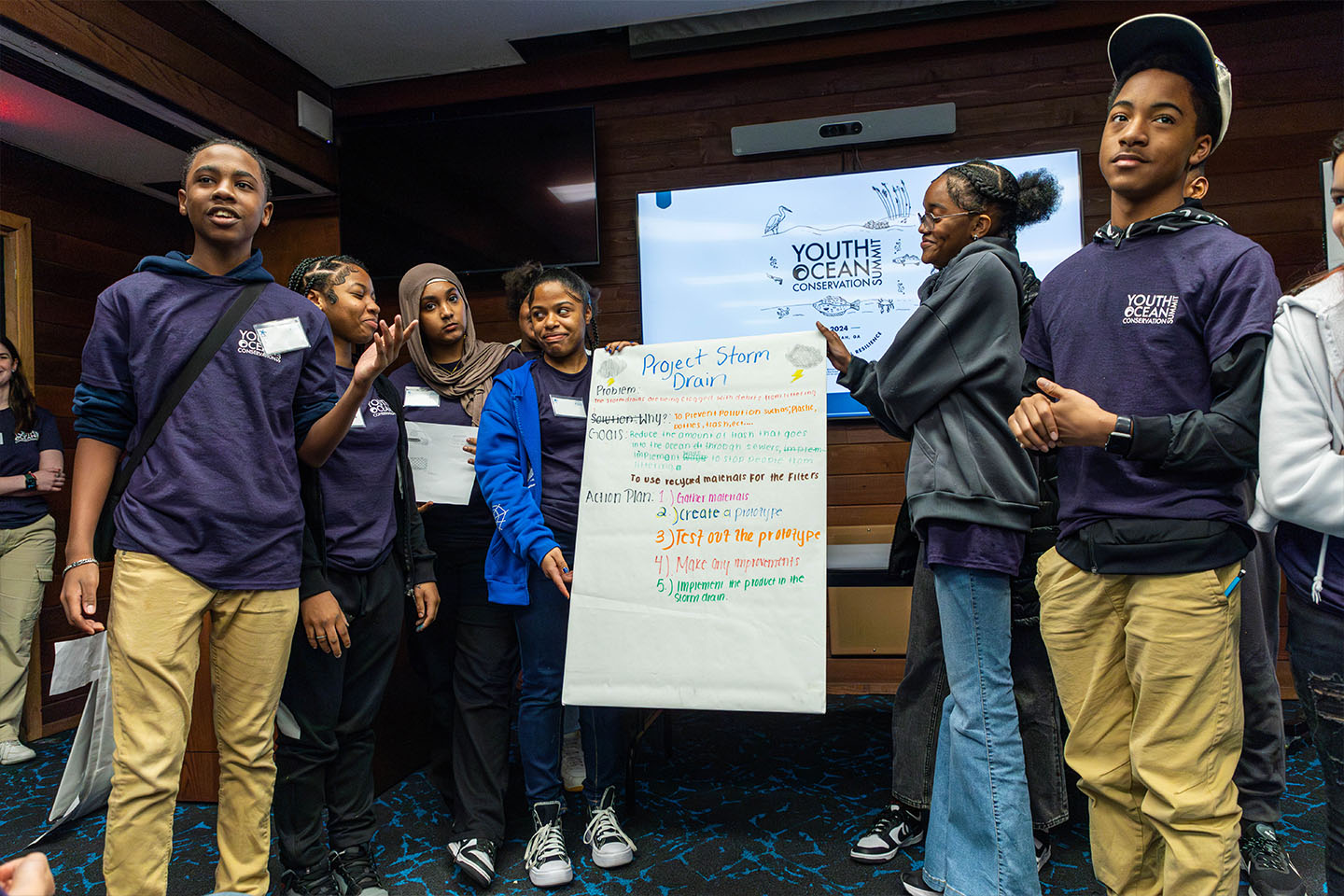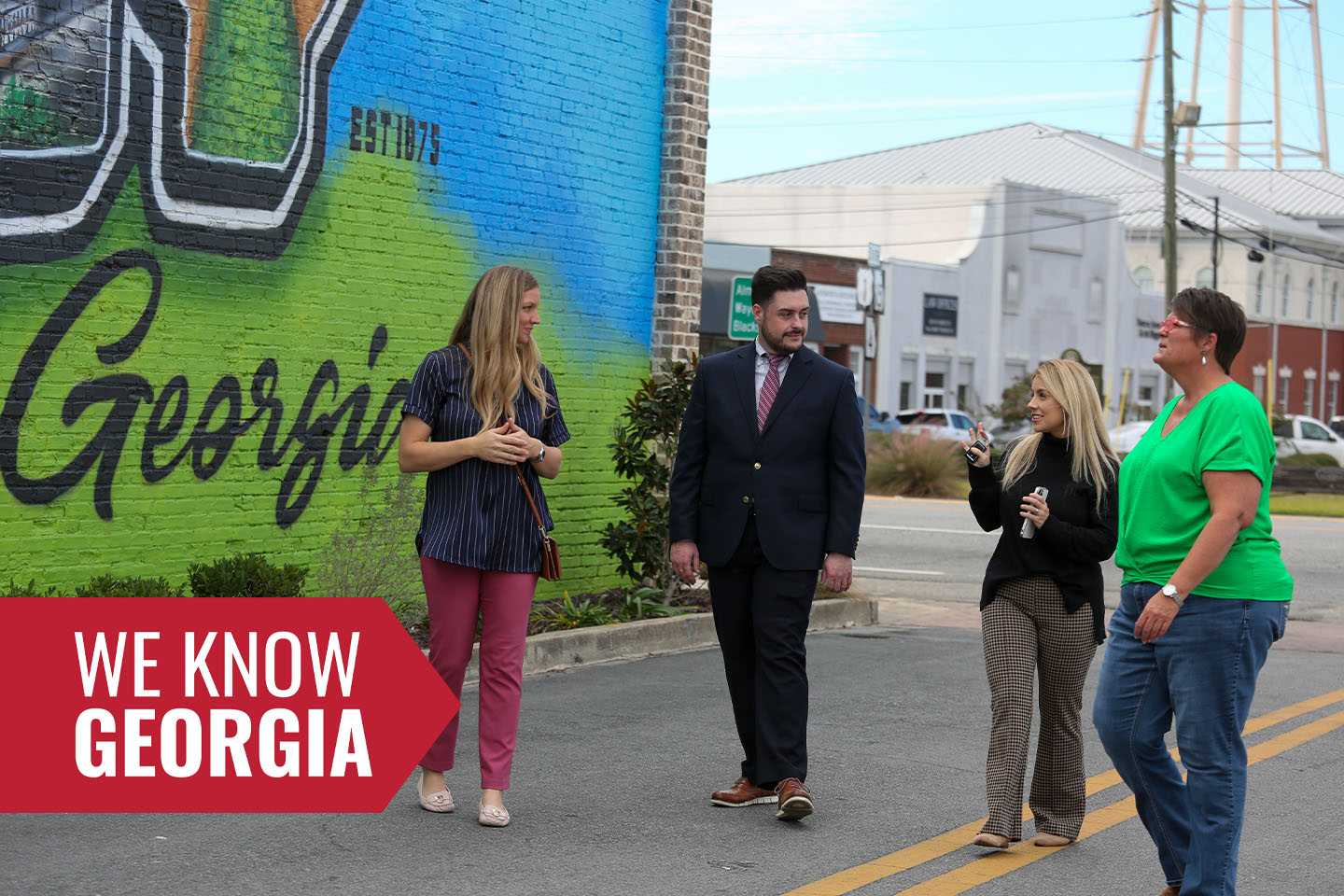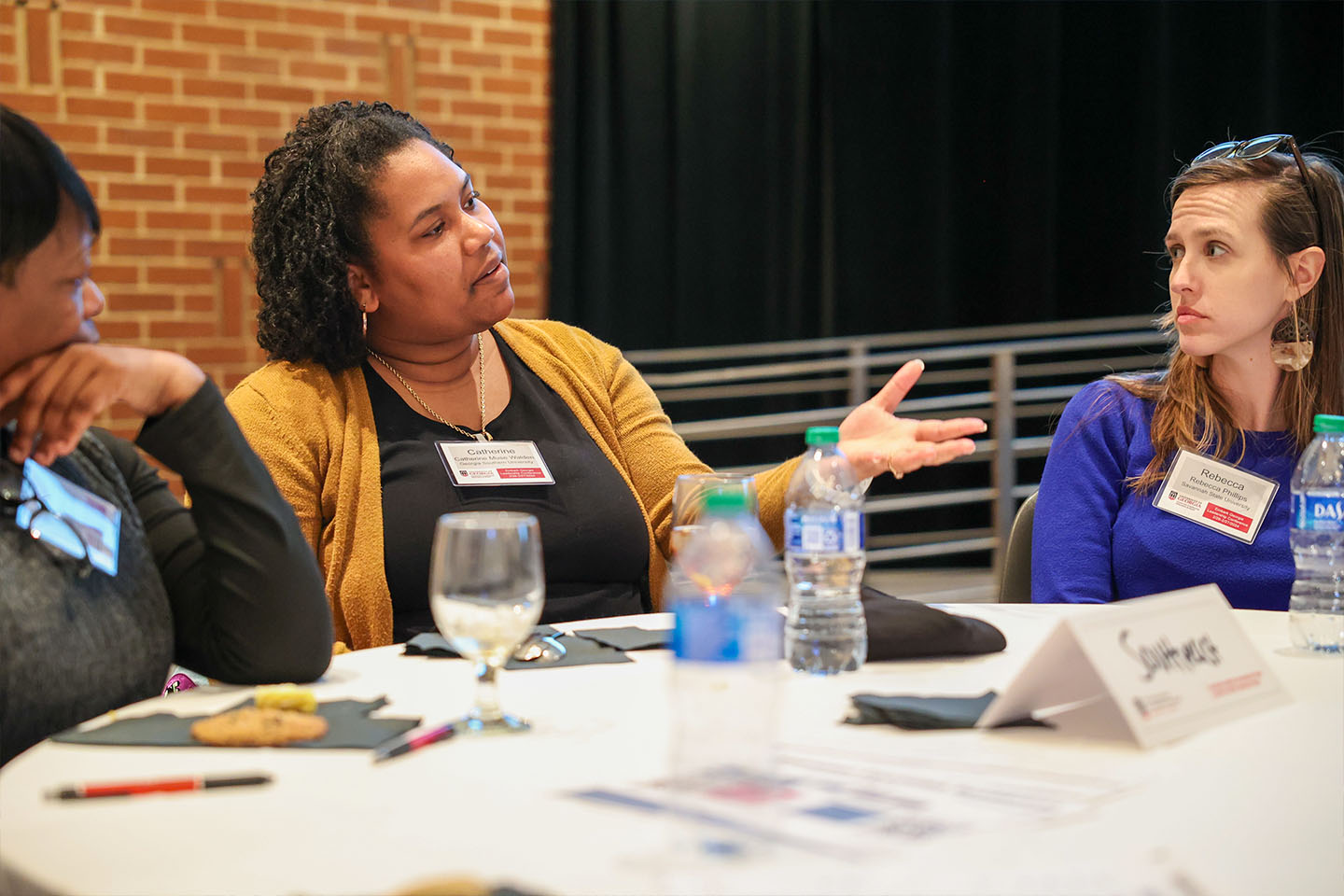Food’s place in daily activities is more than a just a necessity to live.
Discussing the problems of food waste and insecurity in one lecture is a big task, but Cecilia Herles, the assistant director of women’s studies at the University of Georgia, did so in her lecture “Environmental and Social Justice In the Dumpster: Dimensions of Food Waste and Food Insecurity.”
When women see that there is less food they will eat less and “women perform the majority of food related work, but they often don’t nourish themselves,” Herles said.
The subject of the obesity crisis in America was also discussed. Herles said it is important to remember what food is available in a community when discussing obesity.
The food industry markets cheaper food, which is often unhealthier, to poorer communities. These poorer communities are sometimes known as “food deserts” which have a lack of access to healthy food.
“Companies often market food in a way to get [the consumer] addicted to a certain type of food,” Herles said.
Herles also discussed the problem of food insecurity and food waste and their prominence globally, nationally, and locally.
“Food waste has increased by 50 percent per person since the mid 1950s,” Herles said.
The food insecurity rate, the number of people who aren’t certain of where their next meal will come from, in Georgia is 19.9 percent and in Clarke County it is 20.3 percent.
To solve these problems, Herles said to “set goals as individuals” but to see what a group can accomplish.
A suggestion Herles made was to get involved with Campus Kitchen at UGA, a service group whose mission is to “reduce food waste while simultaneously feeding food insecure senior citizens and children in the Athens area.”
“Environmental and social justice can’t be ignored as we food insecurity and climate change and its important recognize the significance of food as it can help shape effective strategies for justice in the present and future,” Herles said.



